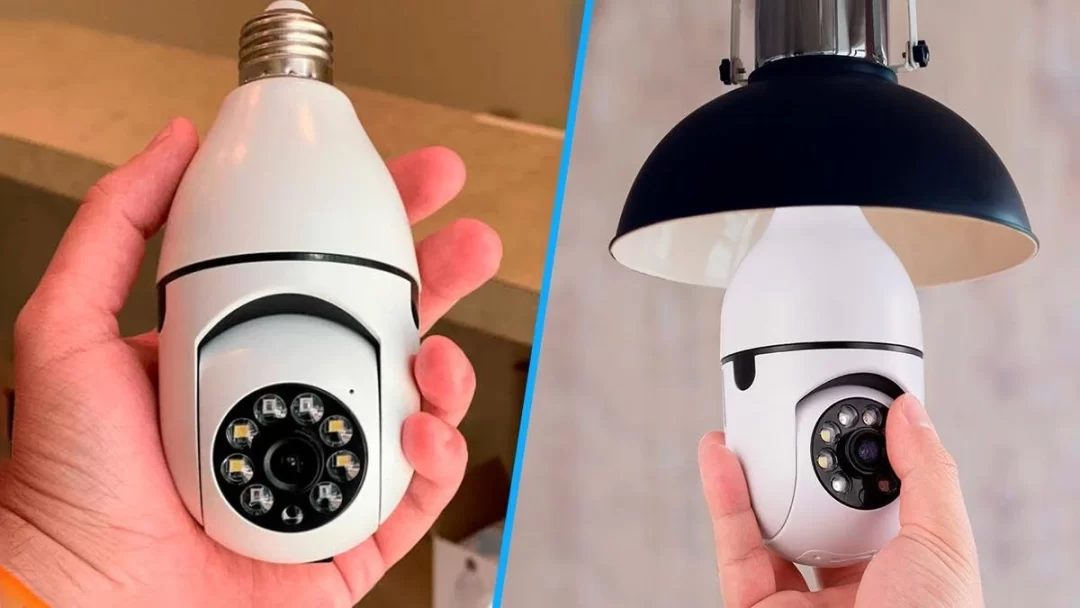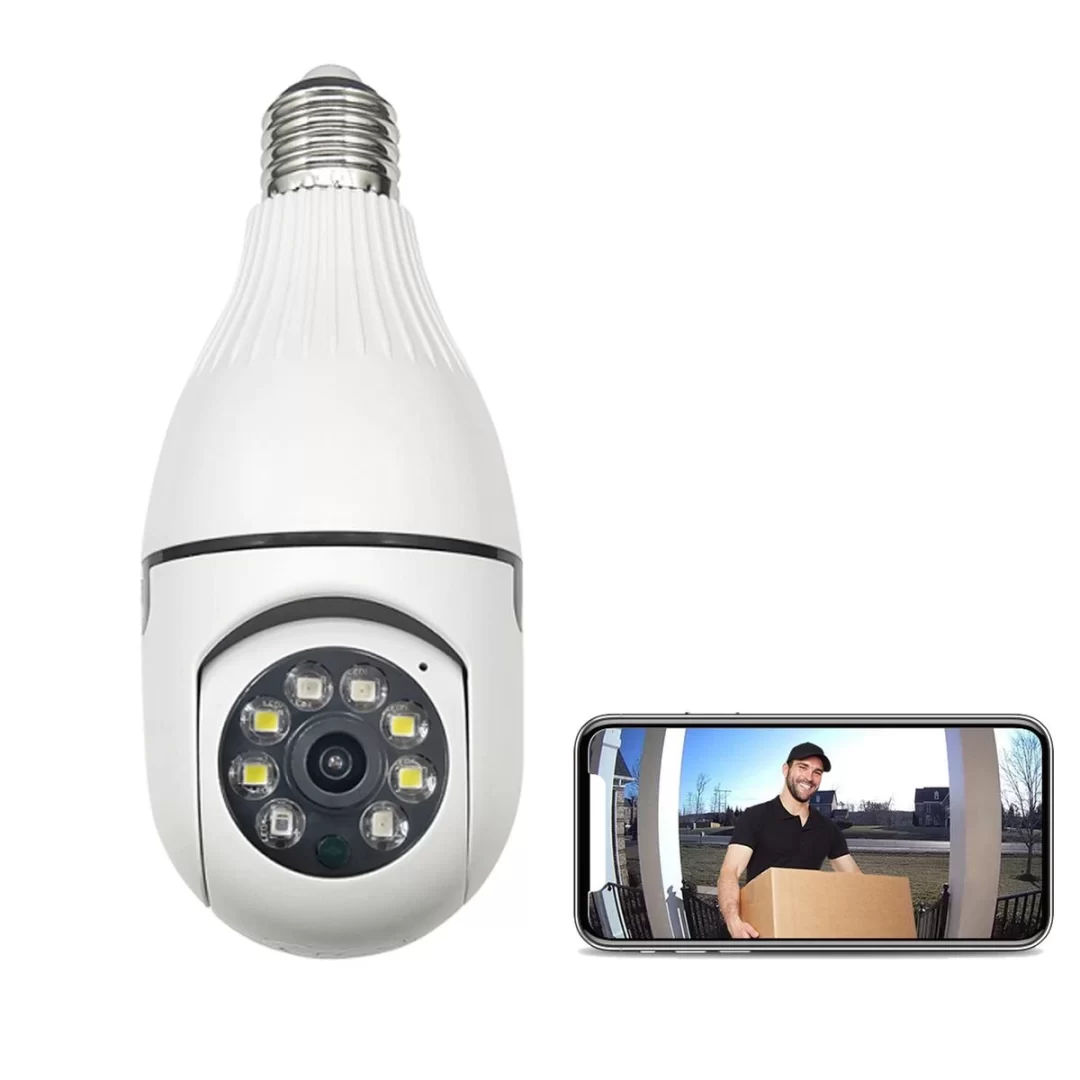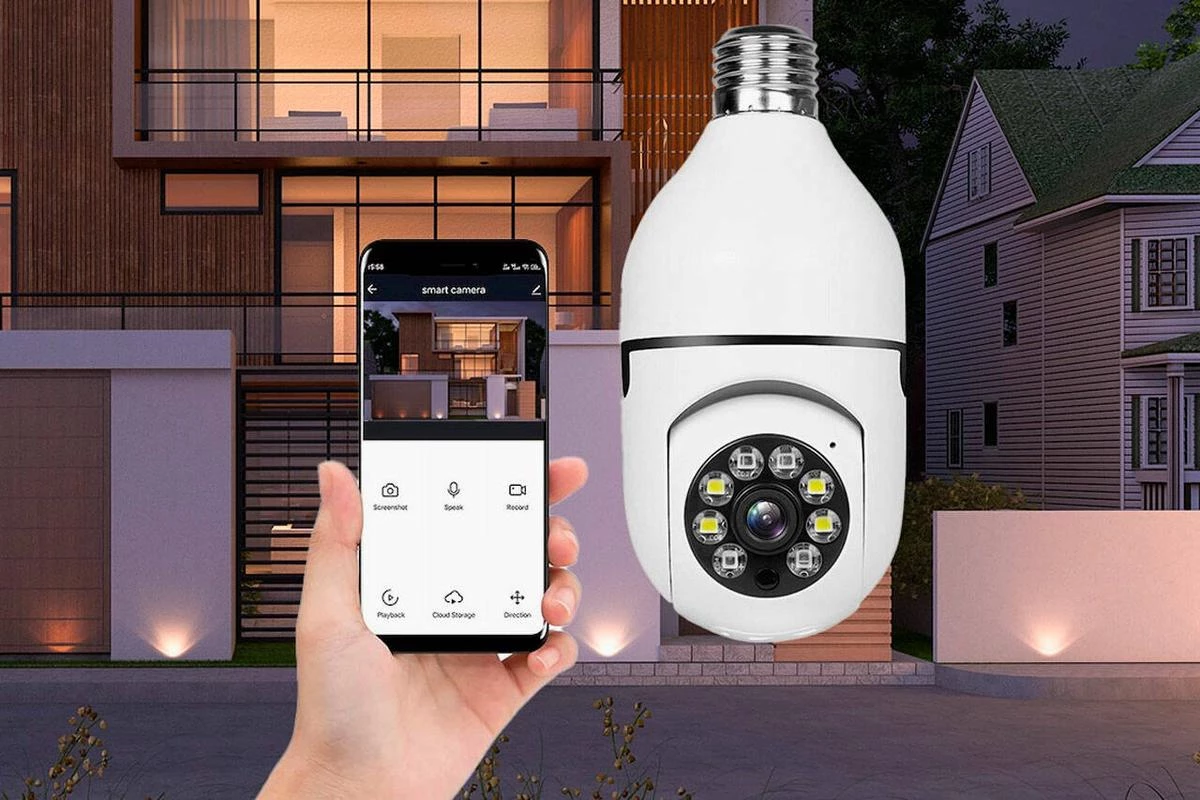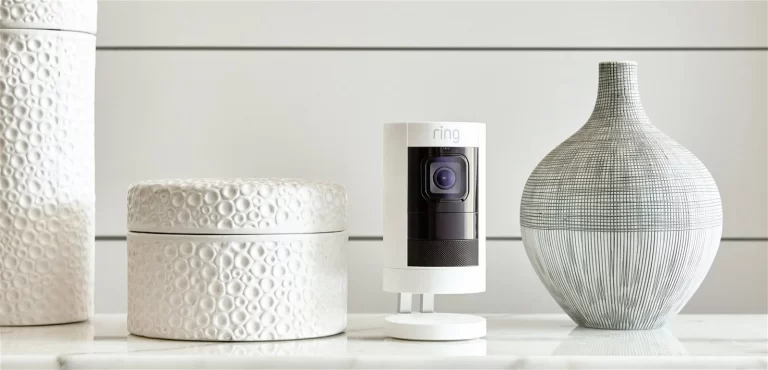Do Light Bulb Cameras Use a Lot of Electricity?
Do Light Bulb Cameras use a lot of electricity? Light bulb cameras have gained popularity in recent years due to their dual functionality as both a surveillance camera and a regular light bulb.
However, concerns about energy consumption and electricity usage are valid when it comes to these devices. In this article, we will provide comprehensive information on their power consumption, power requirements, efficiency, and impact on energy bills.

Do Light Bulb Cameras Use a Lot of Electricity?
The power consumption of light bulb cameras depends on various factors, including the type of camera, its features, and usage patterns. Generally, light bulb cameras use LED technology, which is known for its energy efficiency.
LEDs consume significantly less electricity compared to traditional incandescent bulbs, making them an eco-friendly lighting option.
The camera component of a light bulb camera consumes additional power to operate, but the overall impact on electricity usage is minimal.
Power Consumption of LED Lights
LED lights are renowned for their energy-saving capabilities. They utilize semiconductor technology to convert electricity into light more efficiently than incandescent or fluorescent bulbs.
On average, an LED light bulb consumes around 75% less electricity than traditional bulbs, resulting in significant energy savings.
Therefore, the power consumption of the lighting component in a light bulb camera is relatively low and should not cause a noticeable increase in electricity bills.
Energy Efficiency of Light Bulb Cameras
Light bulb cameras are designed with energy efficiency in mind. They combine the functionalities of a camera and a light bulb into a single device, optimizing power consumption.
Most light bulb cameras use motion detection technology to activate the camera only when movement is detected. This intelligent feature helps conserve energy by reducing the camera’s runtime.
Additionally, many models offer adjustable brightness settings, allowing users to customize the light output to suit their needs and further control energy consumption.
Impact on Energy Bills
When considering the impact of light bulb cameras on energy bills, it’s crucial to evaluate their power usage in relation to other household appliances.
Compared to devices like refrigerators, air conditioners, or electric water heaters, the power consumption of light bulb cameras is relatively negligible.
Their low wattage and efficient LED technology ensure that the incremental increase in electricity usage is minimal.
It’s worth noting that the exact impact on energy bills may vary depending on factors such as the number of light bulb cameras installed, the duration of camera usage, and the overall energy efficiency of a home.
However, the overall consensus among users is that Light Bulb Cameras have a minimal impact on electricity consumption and are an energy-efficient security solution.
FAQs about Light Bulb Cameras and Electricity Usage

Here are some questions and answers to “Do Light Bulb Cameras use a lot of electricity?”
1. Do light bulb cameras stay on all the time?
No, light bulb cameras do not stay on continuously. They typically operate like regular light bulbs, only consuming power when the light is turned on.
The camera component is activated either through manual control or motion detection, conserving energy when surveillance is not required.
2. Can I control the brightness of light bulb cameras?
Yes, many light bulb cameras offer adjustable brightness settings. This feature allows users to customize the light output according to their preferences and lighting needs.
By adjusting the brightness, you can also control the energy consumption of the device.
3. Do light bulb cameras use more electricity than regular light bulbs?
Light bulb cameras utilize LED technology, which is more energy-efficient than traditional incandescent or fluorescent bulbs.
Therefore, light bulb cameras consume significantly less electricity compared to regular light bulbs, even when the camera component is active.
4. Can light bulb cameras be integrated with smart home systems?
Yes, many light bulb cameras are compatible with smart home systems. They can be connected to Wi-Fi networks and controlled through smartphone apps or voice assistants.
Integrating light bulb cameras with your smart home ecosystem allows for convenient monitoring and control of your security setup.
5. Are there any ways to further optimize the energy efficiency of light bulb cameras?
To enhance the energy efficiency of light bulb cameras, you can consider the following measures:
- Choose models with energy-saving certifications, such as ENERGY STAR.
- Opt for cameras with advanced motion detection capabilities to minimize unnecessary recording and power consumption.
- Utilize scheduling features to turn off the camera during specific hours when surveillance is not needed.
- Regularly update the firmware of your light bulb camera to ensure optimal performance and energy efficiency.
6. Do light bulb cameras contribute to environmental sustainability?
Yes, light bulb cameras contribute to environmental sustainability due to their energy-efficient LED technology and dual functionality.
By combining surveillance and lighting into a single device, they help minimize electronic waste and reduce the overall carbon footprint associated with traditional security systems.
Conclusion
Light bulb cameras offer an innovative and energy-efficient solution for home security needs. While concerns about electricity usage are valid, these devices consume minimal power due to their LED lighting technology and smart features.
The impact on energy bills is negligible when compared to other household appliances.
Light bulb cameras provide homeowners with peace of mind, enhanced security, and a sustainable security solution without significantly increasing electricity consumption.
READ ALSO!!!


